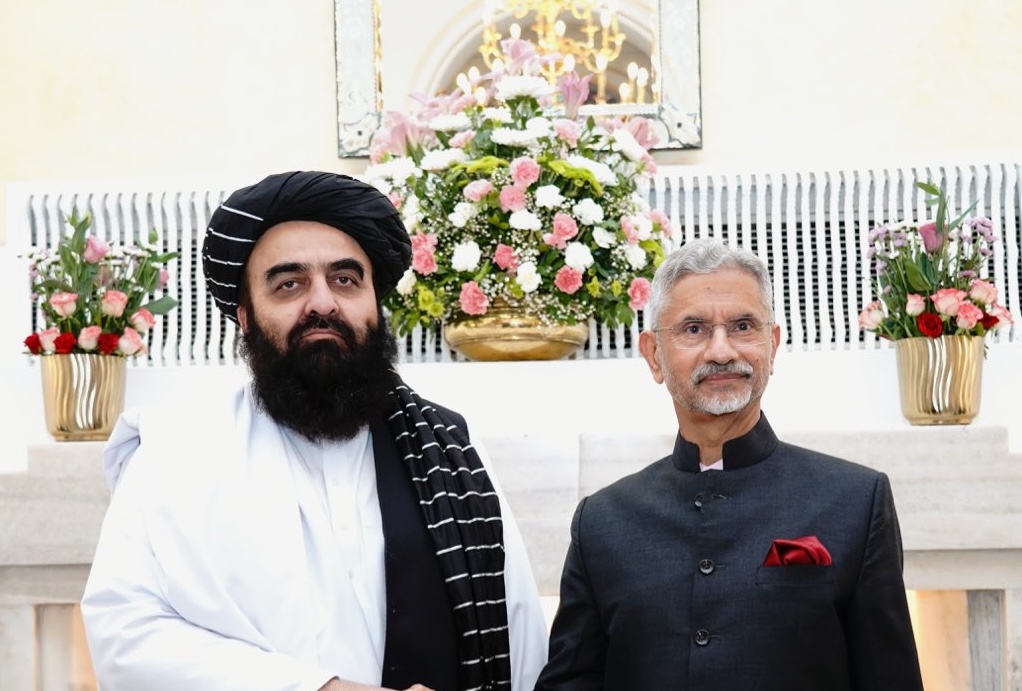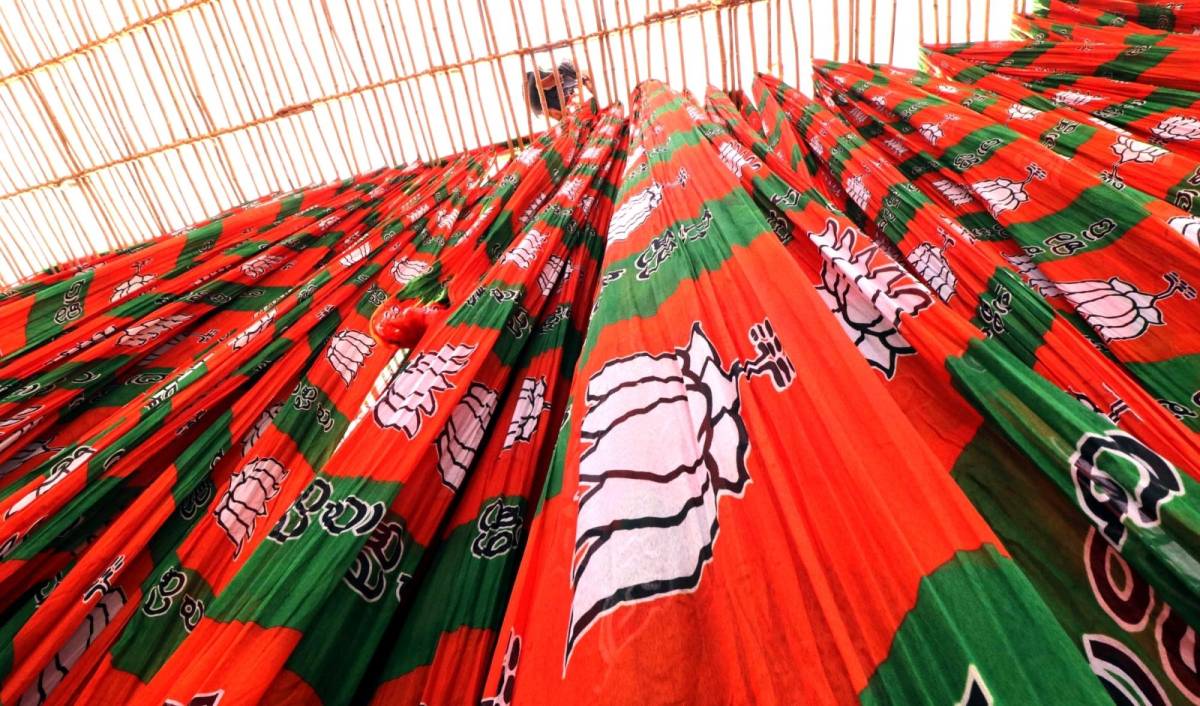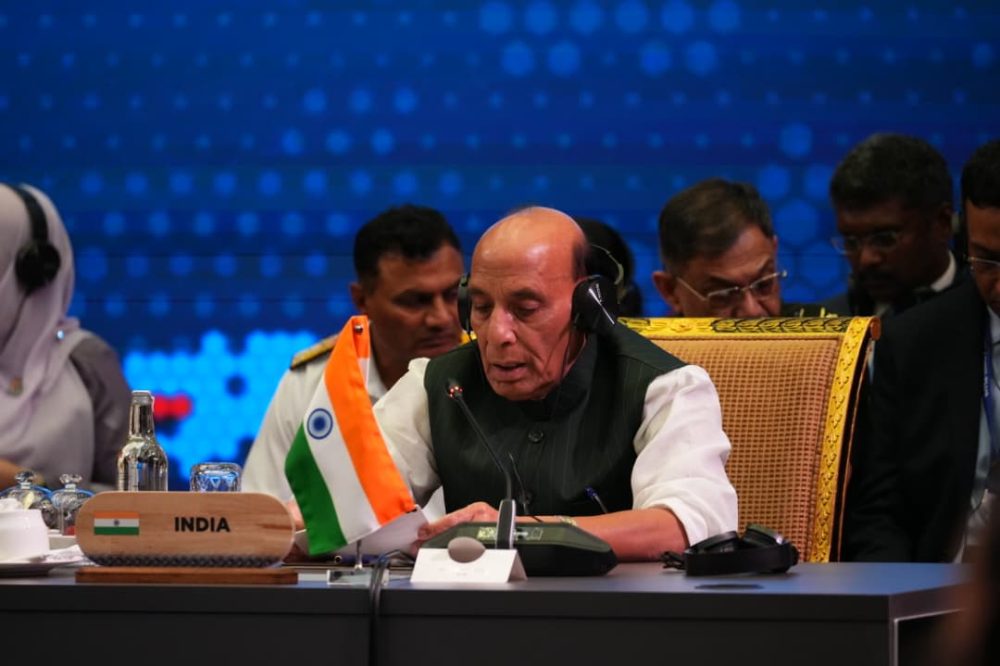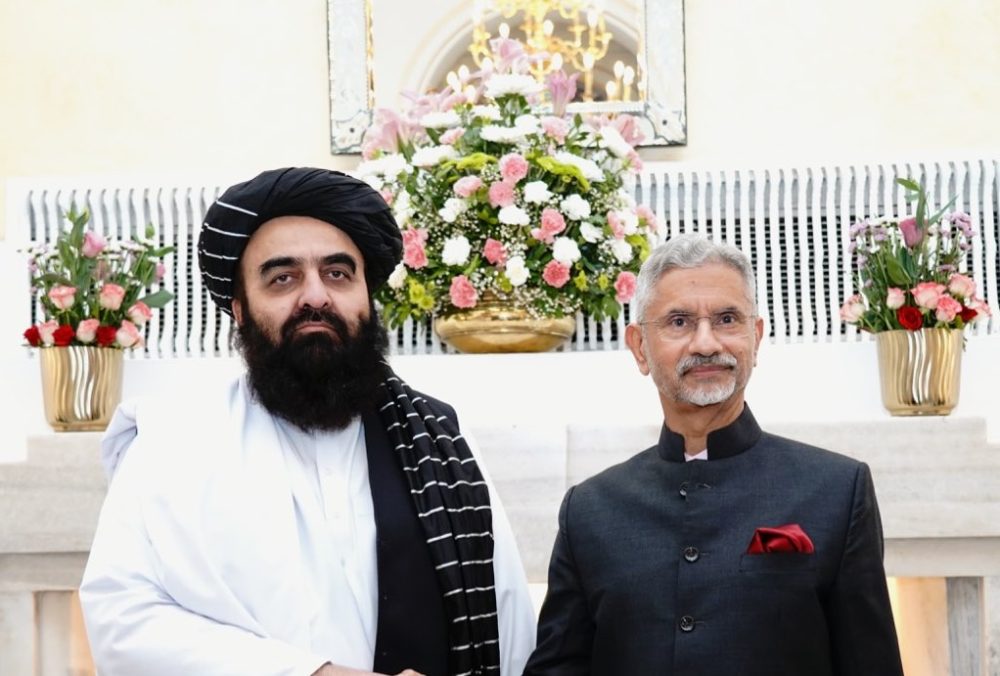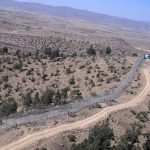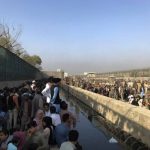Pakistan’s role holds importance because of the extent of support the Taliban receive from Islamabad in the past, which is considered as a deciding factor in determining Afghanistan’s future under the Taliban regime. ..writes Hamza Ameer
The US Institute of Peace (USIP), a Washington-based federal institution, has stated that the future of Afghanistan hinges on its relations with Pakistan and funding by America and other nations.
The USIP report stated that Pakistan’s relationship with the Taliban regime will pave the way towards shaping the future of Afghanistan.
The report’s assessment banks on various studies it conducted during 2021 on Afghanistan.
“Humanitarian aid alone cannot prevent an economic collapse in Afghanistan. Positive relationship with Islamabad could help foster stability, development,” the report read.
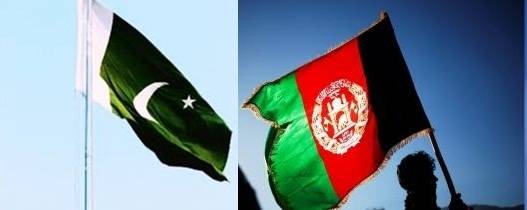
Pakistan’s role holds importance because of the extent of support the Taliban receive from Islamabad in the past, which is considered as a deciding factor in determining Afghanistan’s future under the Taliban regime.
“The aid given by the US and partner nations to the Afghan government from now onwards would shape the country’s future. The extent of support the Taliban receive from external sources, mainly Pakistan, would also be a deciding factor in determining Afghanistan’s future,” said Elizabeth Threlkeld, the author of the USIP report.
While the importance of aid and relationship remains important for a better future of Afghanistan, the report also warns that the longstanding issues, grievances and conflicts between Pakistan and Afghanistan, hints towards a negative and an opposite outcome, which the report states, is a much likelier forecast.
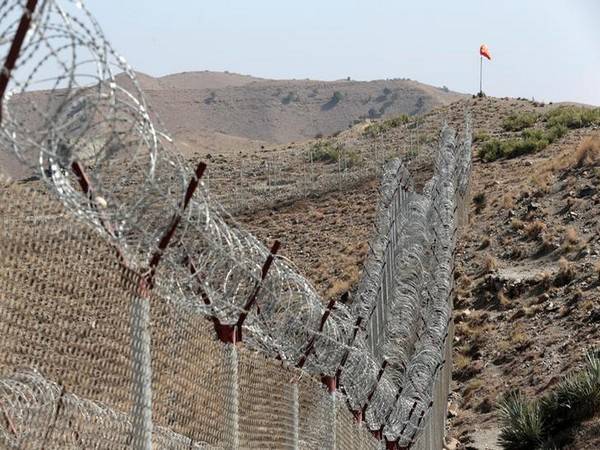
“Afghanistan and Pakistan stand the best chance of building on their cross-border ties for the benefit of regional stability and the well-being of their citizens,” states Threlkeld.
Keeping the Durand Line dispute as one of the more sensitive point of disagreement between Pakistan and Afghanistan; the report highlights that recent clashes between Pakistani border security forces and the Taliban fighters, signifies that like previous Afghan governments, Taliban are not willing to recognise the international border fencing.
On the other hand, Pakistan is intended towards building a fence along the border to stop cross-border terrorism and movement of the terrorists.
The USIP report highlights that factors, which would become the main point of contention between Pakistan and Afghanistan are sovereignty concerns, security interests, geopolitical dynamics, cross-border ties and connectivity and Trade
“Together, these dynamics will shape future prospects of stability in Afghanistan and the broader region.”



